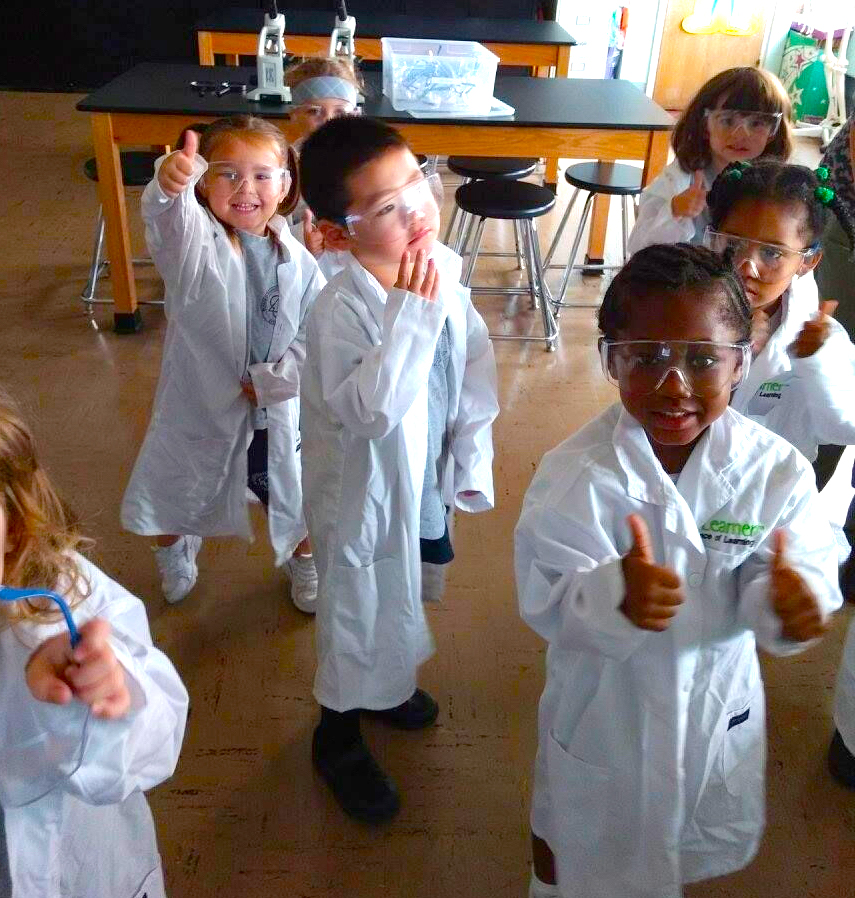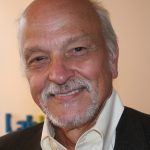The following article was contributed by Dr. Keith Verner, Founder of LabLearner.

Science, technology, engineering and math – STEM is rapidly becoming the foundation for basic education today and for tomorrow’s digital world.
STEM disciplines are poised to take on a critical role to ensure national competitiveness and economic prosperity on a global scale in the future. But these are adult goals, and not realistic incentives for children and adolescents to embrace.
We need to step back and consider what is really important about STEM for K-12 educators today. We need to ask: “What kind of mind and cognitive skills do we wish our students to develop during the K-12 experience?” and “If they choose STEM-related career fields, what will help students to truly excel?”
At LabLearner, we have always believed that it is not enough to prepare our students for the future; we need to prepare them to change it.

We need to purposefully tie STEM education to students’ cognitive development, and relate it to how their brains work. To do this, we need to first understand the cognitive properties of students’ developing brains, and then learn how STEM can play into an established neurocognitive system by which all humans learn.
LabLearner is collaborating with the Diocese of Brooklyn, N.Y., to bring state-of-the-art science labs into elementary academies in Brooklyn and Queens. Our presentation in Tempe, Bringing STEM to an Inner-City Diocese: How to Effectively Implement a Major Initiative, will focus on how the diocese acquired the funding for this project, and the reasoning behind the decision to implement the labs as part of a diocesan-wide STEM initiative.
In our brief talk, Dr. Tom Chadzutko, Superintendent of Schools for the Diocese of Brooklyn, and I will discuss a highly successful neurocognitive approach to STEM education with practical applications for all educators at every level. Attendees can expect to gain knowledge of how to plan a whole diocesan approach to implementing STEM labs, and learn how to design a model of ongoing professional development to support the initiative and achieve lasting success.